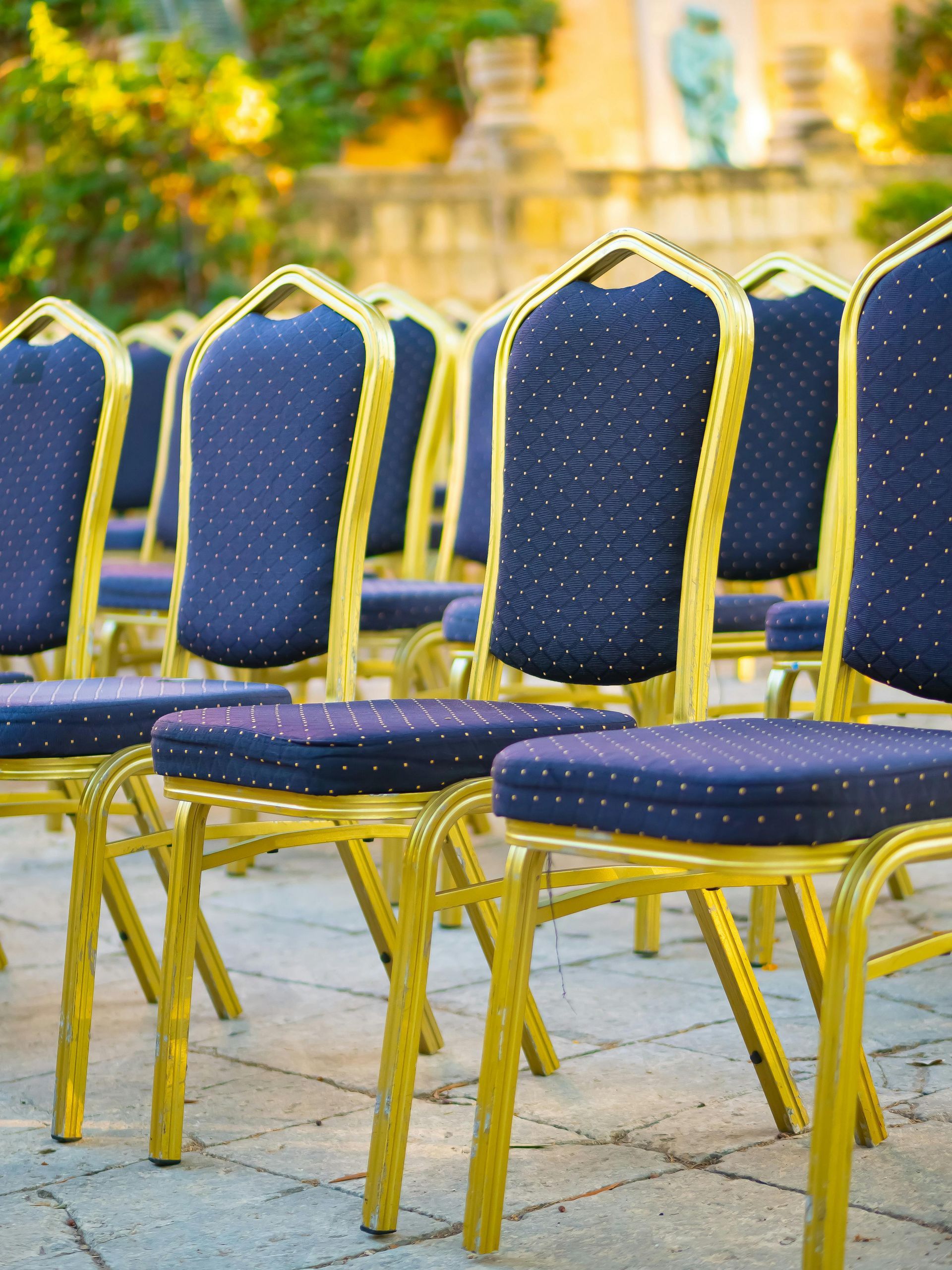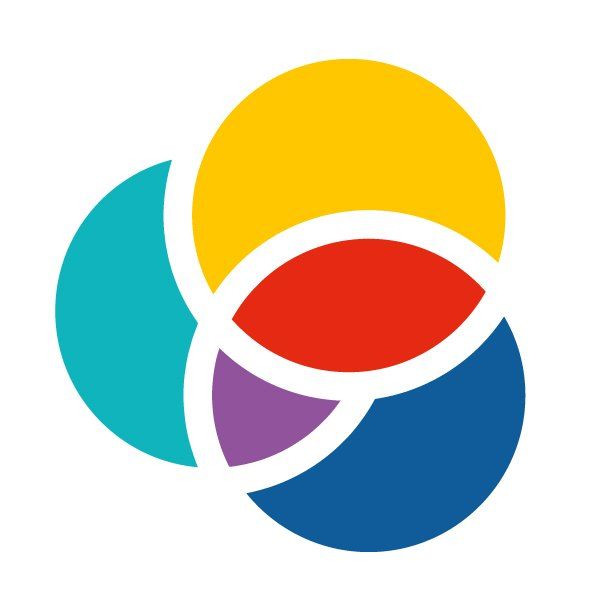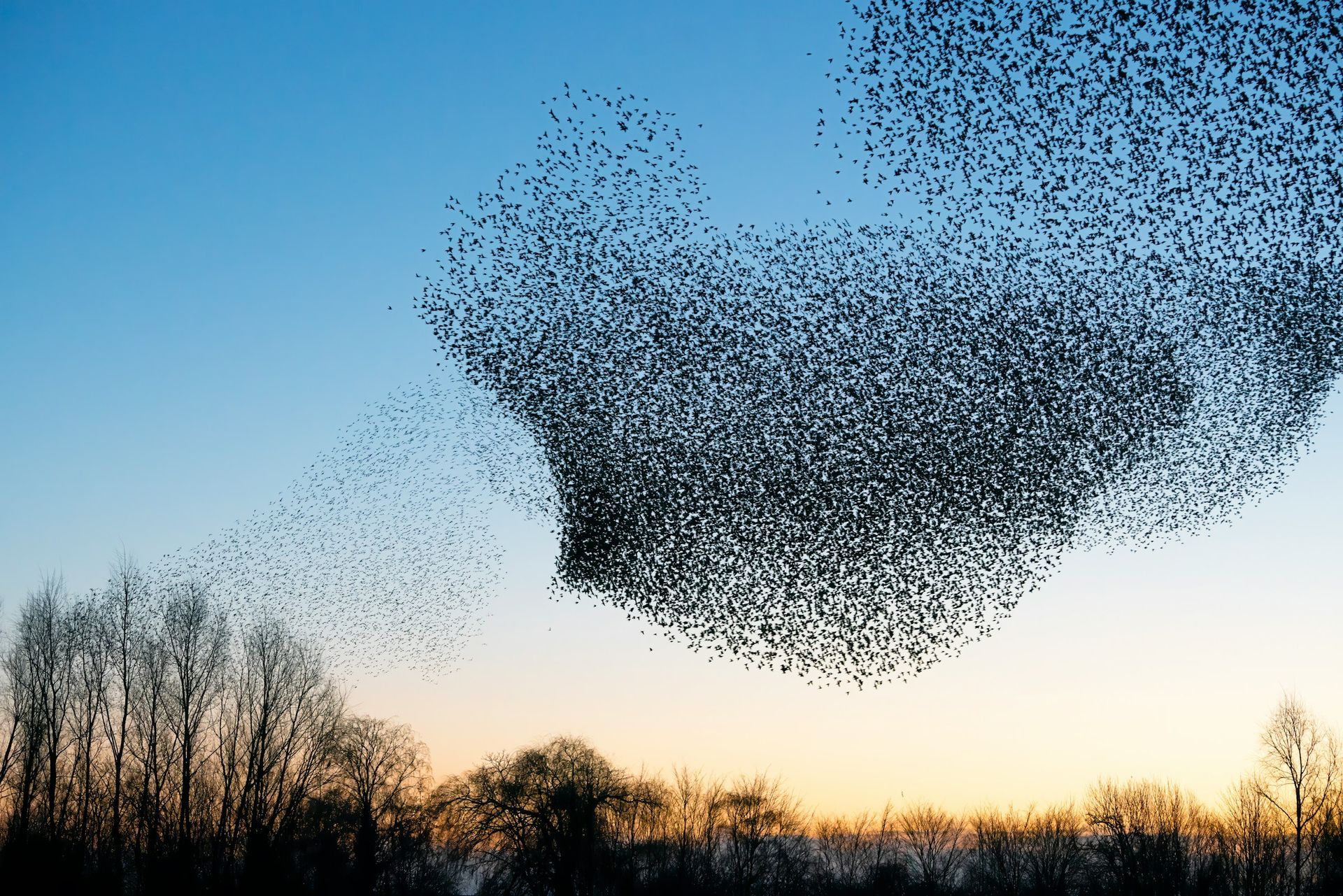PRESS RELEASE: YOUNG PEOPLE CALL ON IRISH MEPS TO CREATE A FAIRER ECONOMY, AT HOME AND ABROAD
Young people will today (16 January) share their vision for a new European economy which challenges how countries have approached and tackled the financial crisis to date, promoting sustainable economic development, both in Europe and globally.
Entitled “Challenging the Crisis” , the campaign focuses on promoting cohesion through Social Economy and will involve lobbying Members of the European Parliament (MEPs) to increase recognition.
The group of “Young Global Advocates” consists of young adults from Europe’s most indebted countries – Italy, Greece, Spain, Portugal and Slovenia – and is led by an Irish organisation, the Irish Development Education Association (IDEA). “We believe increasing social cohesion in Europe and globally is vital now after the crash, with social unrest on the rise in the most affected countries,” explained Adam Sweetman, 24, from Co. Dublin, who is one of the Young Global Advocates spearheading the campaign.
This youth group believes the social economy “is recession proof” because profit is not the only goal. Rather it means an economy which benefits society in the countries concerned, and that would also fundamentally alter the way we do business in our relations with the rest of the world, especially the world’s poorest countries. 2015 is the ‘European Year for Development’ – a crucial year where world leaders will make decisions that must create a world we can all prosper in.
Although the EU’s youth unemployment rate still hovered at around 22% in 2014, the Young Global Advocates are keen to focus on solidarity with other parts of the world.
As part of the ‘European Year for Development’, the campaigners believe that a model of people-centred growth through a social economy in Europe would send the message that international development still matters to us, even in times of economic difficulty. Eleanor McKenna, aged 25 from Drogheda, who has been involved in the initiative since its launch in early 2014, describes it as “an opportunity to connect with people facing similar challenges to us in Ireland, and who share our passion for social change on a global scale”.
The campaign will be officially launched in Spring 2015 but today the Irish group presents their idea at an event hosted by Dóchas and Concern Worldwide to Irish MEPs including Mairéad McGuinness and Brian Hayes. Today the young people call on Irish MEPs to back ambitious commitments to end inequality, climate chaos and the polarisation of society at home and globally. The event comes one week ahead of the launch of Ireland’s participation in the “European Year for Development” at Dublin Castle, and Dóchas and Concern Worldwide have invited Irish MEPs – and young people – to reflect on their vision for the year ahead.
WHO: Young adults leading the ‘Challenging the Crisis’ campaign
WHAT: Event with Irish Members of the European Parliament (MEPs)
WHERE: European Parliament offices, Molesworth Street, Dublin 2 WHEN: 11am – 12.30pm, Friday 16 January









